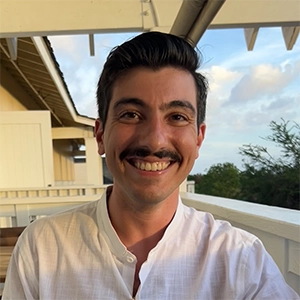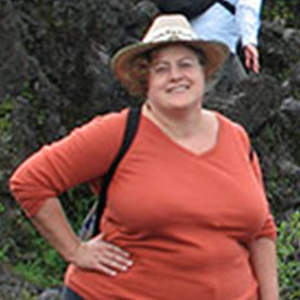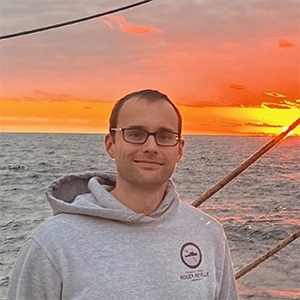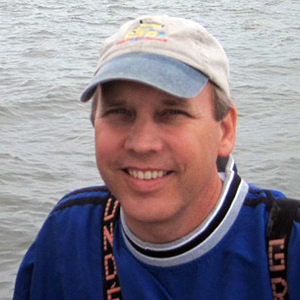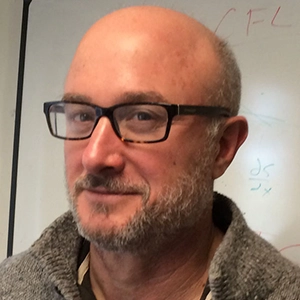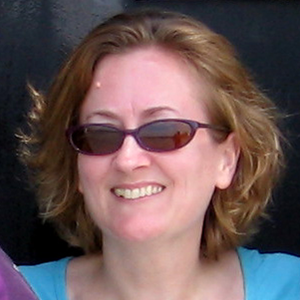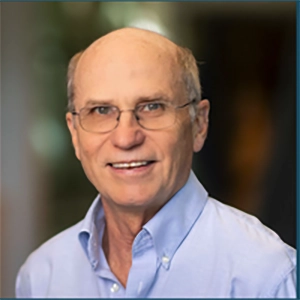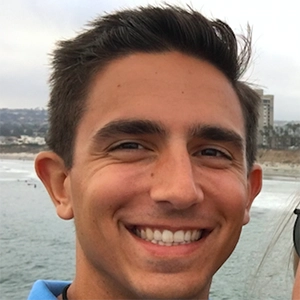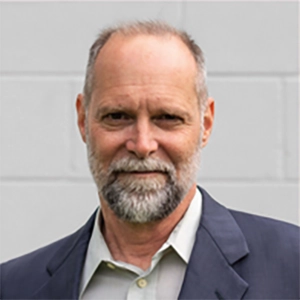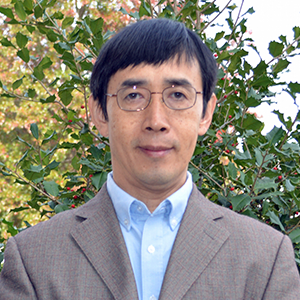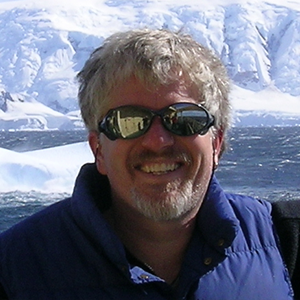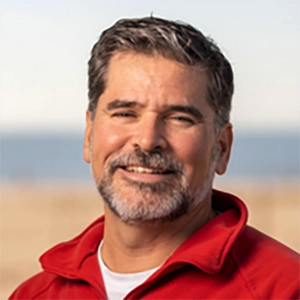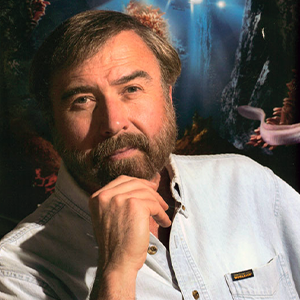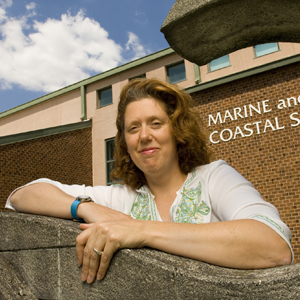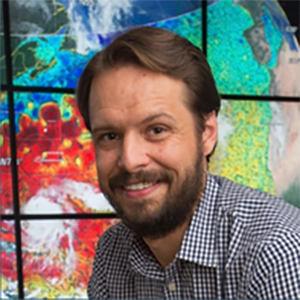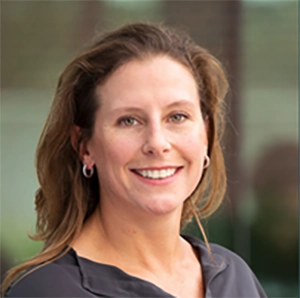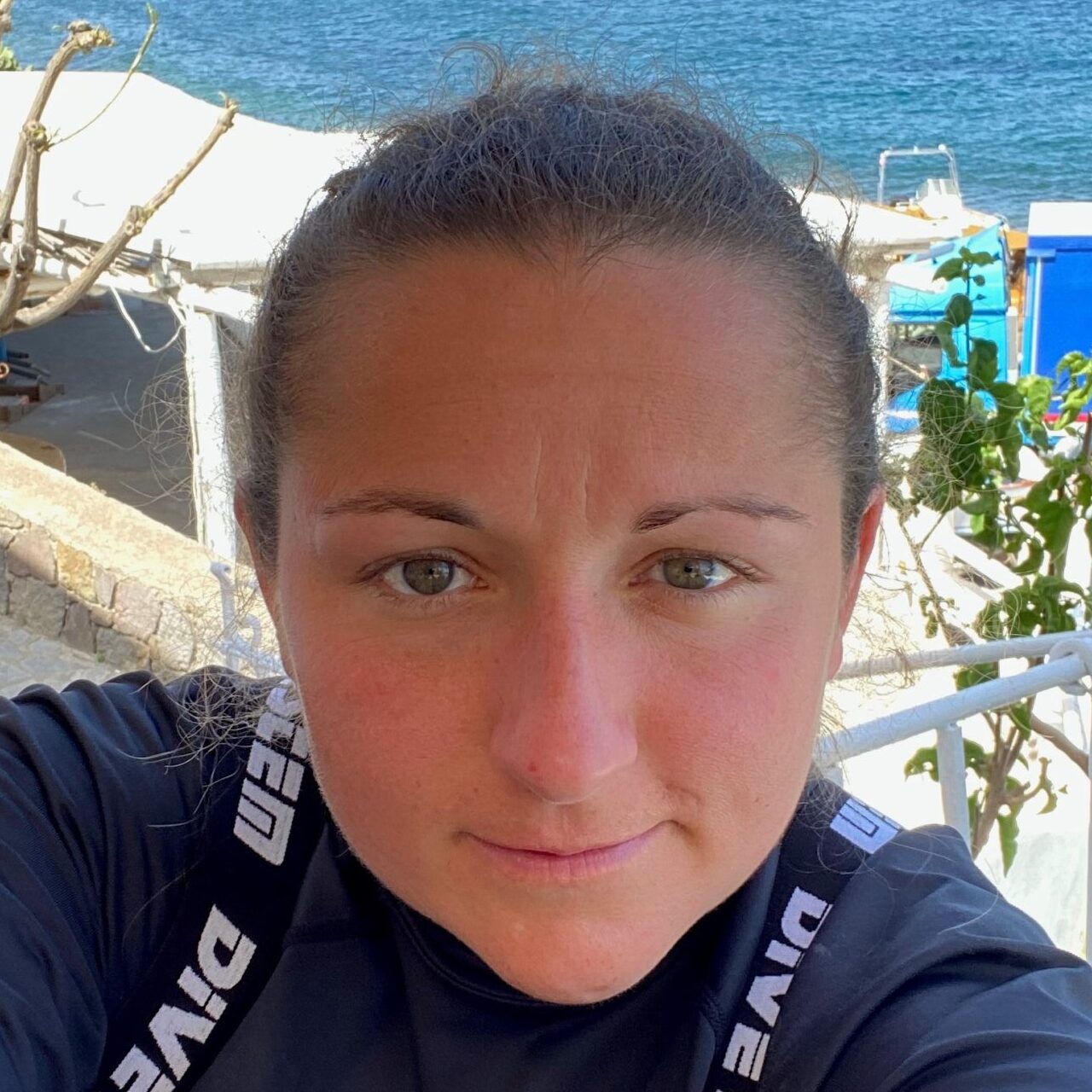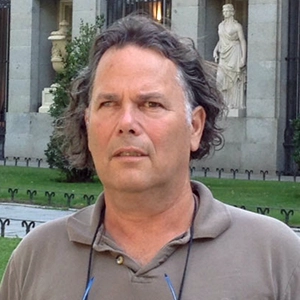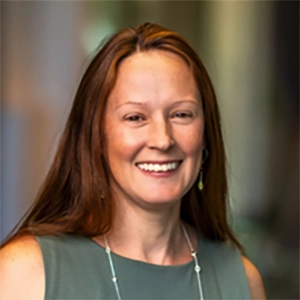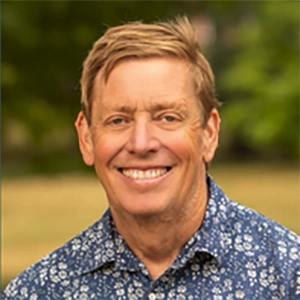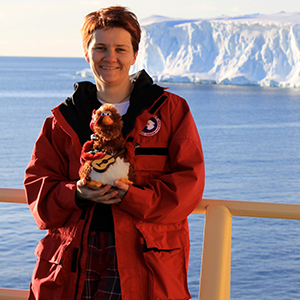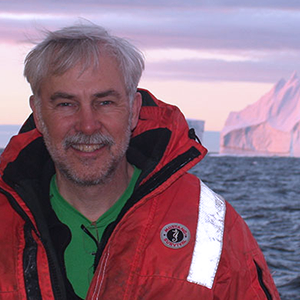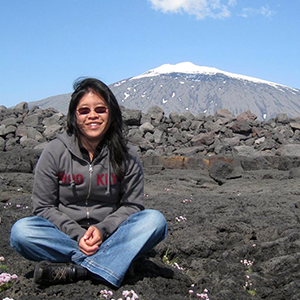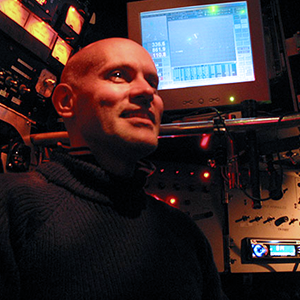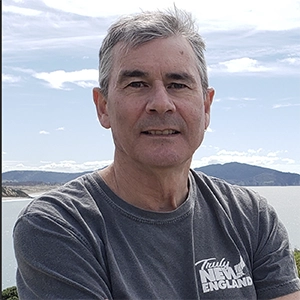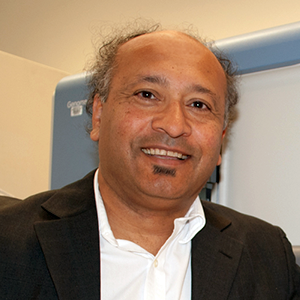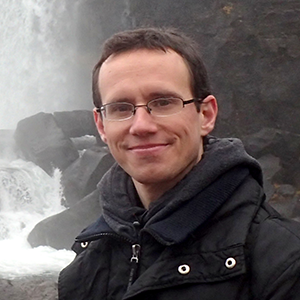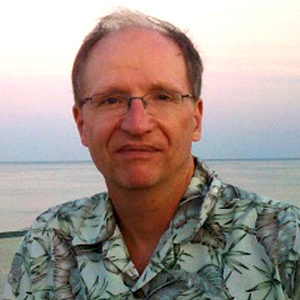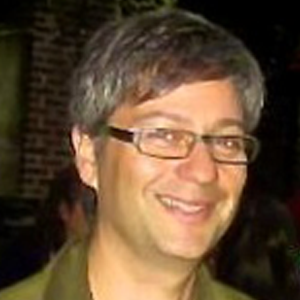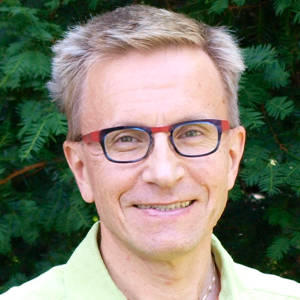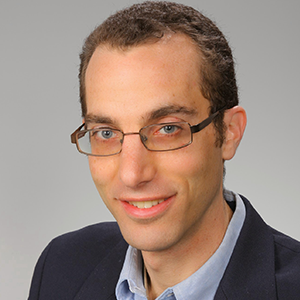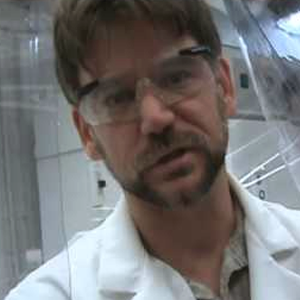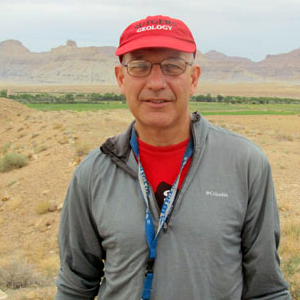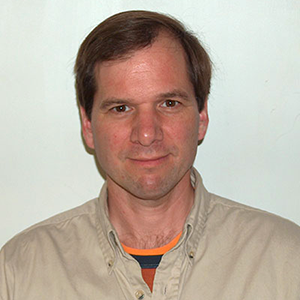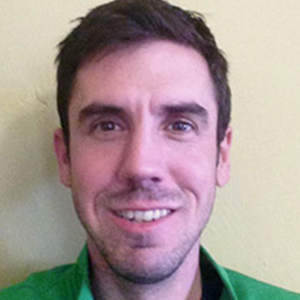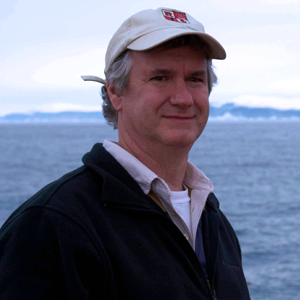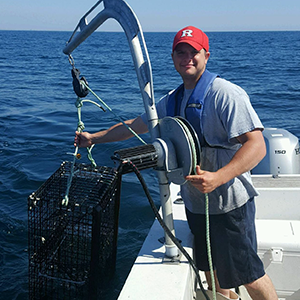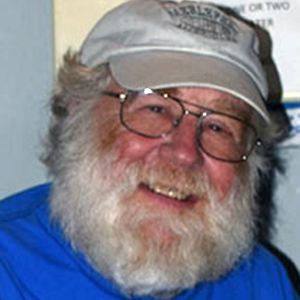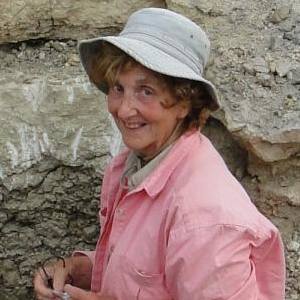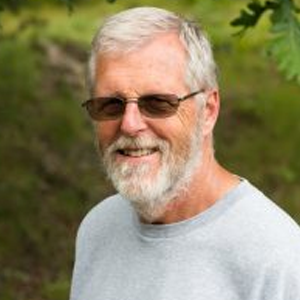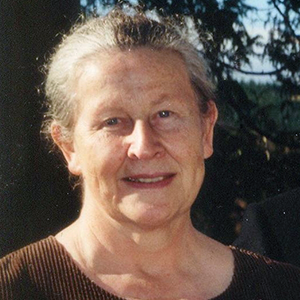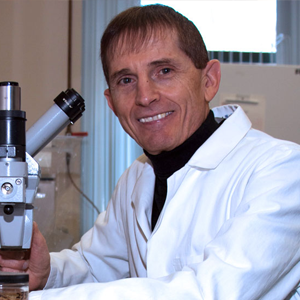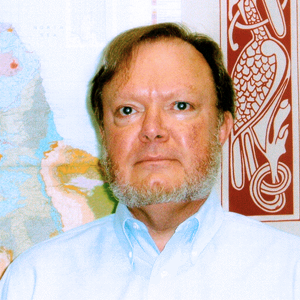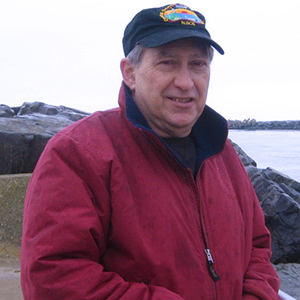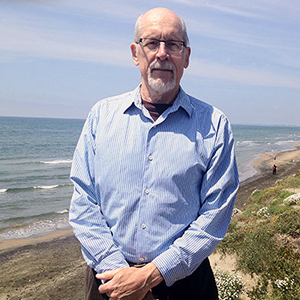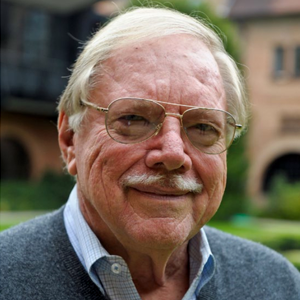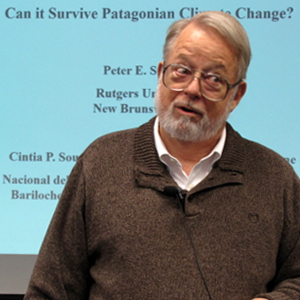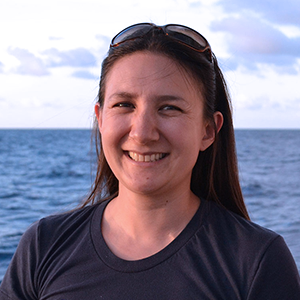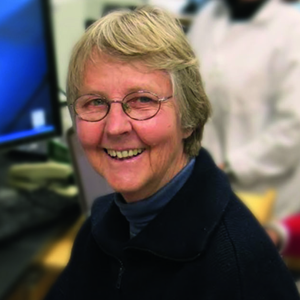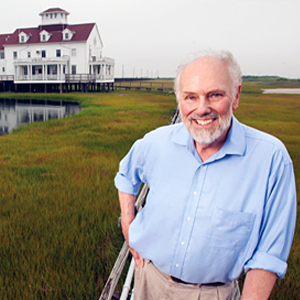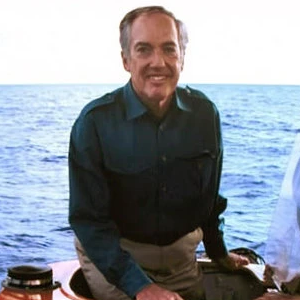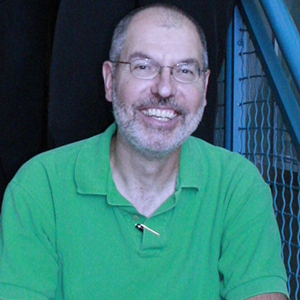RESEARCH INTERESTS
Environmental and applied microbiology, biodegradation and bioremediation
Research in our laboratory focuses on the biodegradation of environmental pollutants, especially halogenated aromatic compounds. Our specific interests are in understanding (a) how microbes degrade toxic chemicals, such as halogenated aromatic compounds, and (b) how microbial communities can be stimulated to degrade soil, groundwater and sediment contaminants. Our laboratory is examining the diversity of aerobic and anaerobic processes in the degradation and transformation of environmental pollutants, including chlorinated and brominated aromatic compounds, chlorinated pesticides, PCBs and PAHs. Our research is seeking novel bioremediation strategies for degradation of these compounds in soils and sediments. Our long term research objectives involve examining the diverse catabolic activities of microbes and how biotransformation and biodegradation affect the fate of anthropogenic contaminants.
A central objective in these studies is the physiological characterization of the microorganisms involved in contaminant degradation and transformation and the identification of degradation mechanisms and pathways. The work in our laboratory is currently focusing on identification of degradation mechanisms of halogenated aromatic compounds under different redox conditions, including a biochemical and molecular characterization of the degradation pathways. In addition, we are also examining the population structure and dynamics of anaerobic dehalogenating communities. Another area of interest is the characterization of rhizospheric bacteria involved in biodegradation of organic contaminants and developing their use in bioremediation. We are also exploring aspects of microbe-oligochaete interactions in biodegradation of organic contaminants. The aims of these research projects are to provide a basic understanding of the environmental fate of anthropogenic pollutants as well as to serve as a base for developing novel bioremediation or biocatalytic processes.

